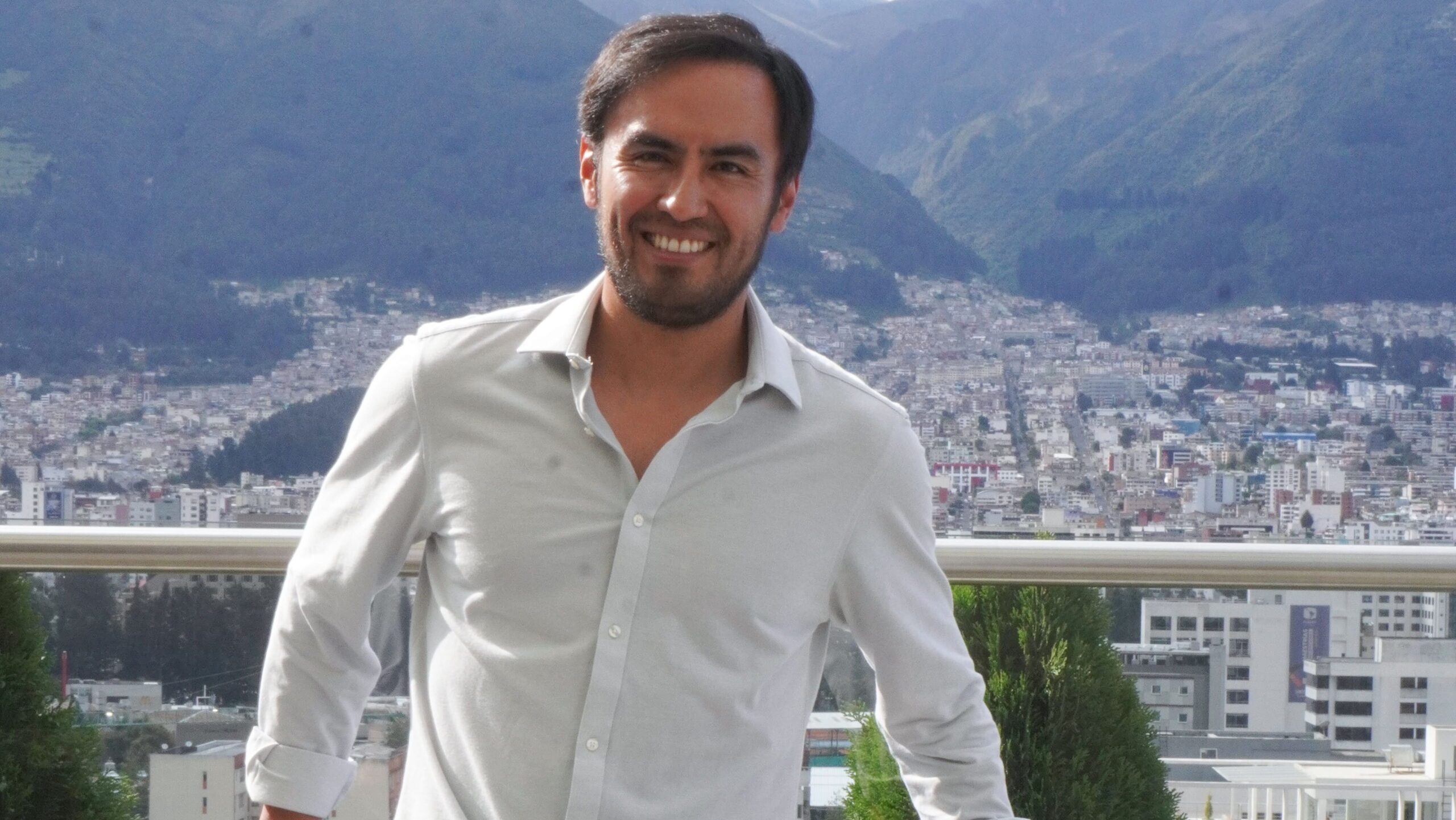
Luiz Ary Messina – Coordinator of the RUTE Telemedicine University Network, Brazil.
Innovation is a very spontaneous and natural concept to the necessary permanent developments and advances in Information and Communication Technologies (ICTs). In all fields of action of modern society, research and education are the pillars of support for these advances. Collaboration networks are the support in their cybernetic structures, services and applications. We can start a recount by banking automation from the 70's, the industry in the 80's and health begins its digital transformation in the 90's.
Since the pandemic, telemedicine, telehealth, and the global area of digital health, including artificial intelligence, have dominated the care of doctors, health professionals, managers, companies, governments, counselors, researchers, teachers, students, and even the population. in general. In other words, the perfect environment has been created for innovations in the health sector, the same ones that find their best space for collaboration in research and education environments.
CEDIA, the Ecuadorian Corporation for the Development of Research and Academia, promotes the exploration and results of innovative projects in the development of digital health. In 2020, he signed a technical and scientific cooperation agreement between the academic networks of Latin America and RedClara (Latin American Cooperation of Advanced Networks) for the expansion of digital health practices in the region.
After 16 uninterrupted years of investments from the National Research and Education Network of Brazil RNP , since 2006, the RUTE University Telemedicine Network is today a collaborative network of teaching and research in health with telemedicine and telehealth units in 140 university hospitals and schools, and 50 SIGs (Special Interest Groups ) in health specialties and subspecialties such as: Child and Adolescent Health SIG, pediatric endocrinology, indigenous health, medical genetics and rare diseases, autism and Re(h)abilitar .
They are an average of three daily scientific sessions, more than 92,300 registered attendances since July 2015, with 31,450 evaluations of the sessions carried out, more than 25,200 different participants and more than 7,600 sessions carried out until March 2022.
RUTE was recognized for promoting integration and collaboration for the development of actions in digital health in the latest WHO publication on digital health Digital health platform handbook: building a digital information infrastructure (infostructure) for health (who.int) : “RUTE's high-capacity national network infrastructure allows and promotes the innovation of new applications and technologies in health education and remote data analysis. RUTE also promotes the integration of research institutions, streamlining the dissemination of data and promoting collaborations.”
Also, in terms of international collaboration, in 2017 the Permanent Working Group (GT) of the Community of Portuguese Language Countries (CPLP) was created, which achieved important milestones: It supported the creation of the Mozambique National Telehealth Program in 2018 and the creation of the CPLP Cytotechnology SIG, in 2021, coordinated by the José Alencar Gomes da Silva National Cancer Institute (INCA) in Brazil and the School of Health Technology in Lisbon, Portugal, with the participation of institutions from São Tomé and Príncipe , Guinea Bissau, Mozambique and Cape Verde.
The creation of the COVID-19 SIG in RUTE Brazil, just at the beginning of the pandemic in March 2020, reinforced network collaboration. In addition to having made it possible to confront the pandemic of the new COVID-19 virus, it brought together universities, public and private institutions, which dealt with the most serious cases, exchanging experiences, not only among professionals from Brazil, but also from abroad, such as Ecuador. through CEDIA with the Vice-Minister of Governance and Health Surveillance; Spain, Switzerland, China, Italy, USA, Mexico, Portugal, Israel, Argentina, Russia and other countries were also involved, with whom 73 sessions were held between 03/23/2020 and 10/04/2021 with 3,052 registered attendances of 1,133 health professionals.
The SIG COVID-19, CT-SAÚDE DIGITAL, the technical committee for technological prospecting in digital health, was created at RNP for a series of reasons: the increase in the number of collaborative projects and networks at RNP in the area of health; the digital transformation that is underway in health, in addition to the demand for extensive and complete analyzes of the technological evolution of products, applications and services in digital health and RNP's relations with the ministries that are members of the RNP Interministerial Program: Science, Technology, Innovation, Education, Health, Citizenship and Defense, in relation to health actions. The CT-SD also has the function of integrating health professionals and informatics, computing and technologies in the debates and solution proposals.
To give continuity to the activities of CT-SAÚDE DIGITAL, in 2022 3 working groups were created: Training, Cyberinfrastructure and Artificial Intelligence in Health.
In September 2021, the Brazilian Ministry of Science, Technology and Innovation (MCTI) approved the PPI-SD (Priority Program of National Interest in Digital Health) under the coordination of RNP. The approval of the PPI-SD opens the possibility that a part of the resources invested in taxes, by companies that produce ICT equipment, encouraged under the terms of Law 8.248/91, be directed to the financing of projects in this field, to be carried out by Science and Technology Institutions accredited by the CATI/MCTI.
The most recent milestone of RUTE occurred in November 2021 when the event "Human Development and Digital Health in Focus" was held, in a 100% virtual format, integrating the RNP Forum, the Congress of the Brazilian Society of Health Informatics (SBIS ) and the Congress of the Brazilian Association of Telemedicine and Telehealth (ABTms), with the participation of the World Health Organization (WHO); Pan American Health Organization (PAHO); Health Ministries; Science; Technology and Innovation and Education; advice for health professionals; national council of state and municipal health secretaries; the Brazilian Company of Hospital Services (EBSERH), companies and academia. The event had 1,480 subscribers in 100 sessions.
Therefore, collaboration networks and their collaborative spaces are growing and gaining more and more importance due to the new ICT tools and thanks to a greater vision of people after the pandemic, due to the understanding of the possibilities of interaction. from distance.
Academic networks are the most appropriate to play an articulating role in these collaborative spaces, bringing together the domains of scientific knowledge, governments, companies, technology parks and, in the case, healthtechs to stimulate innovative advances that promote the new economy and digital health.



